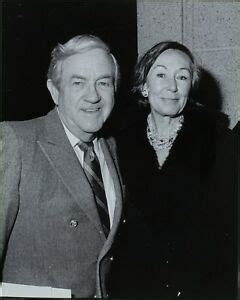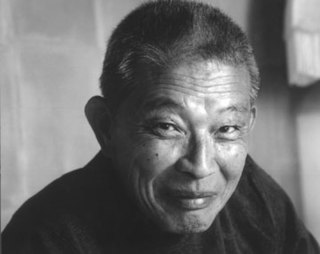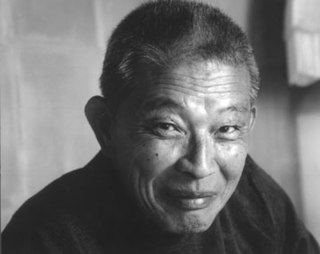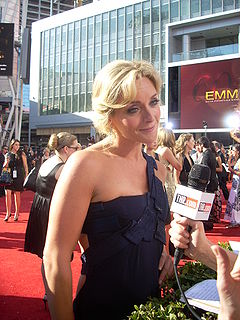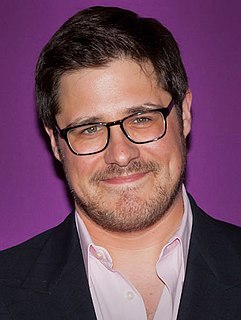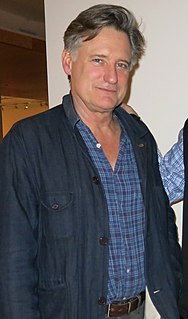A Quote by Keller Easterling
It may be unfathomable in architecture, but it is very practical, or routine, for a person in theater to use action. You have the line, "Come home, son," but you can't play that line by going out and being a mother; you can't be a noun. But you can play to smother your son; you can play to grovel to your son. Again, the real information is carried in action. And, to an annoying degree, theater people talk to each other in infinitive expressions. If you don't have a vivid verb to describe what you're doing, you're probably going to be a pretty bad actress.
Quote Topics
Action
Actress
Again
Annoying
Architecture
Bad
Being
Being A Mother
Carried
Come
Degree
Describe
Doing
Each
Expressions
Going
Going Out
Home
Infinitive
Information
Line
May
Mother
Noun
Other
Out
People
Person
Play
Practical
Pretty
Real
Routine
Smother
Son
Talk
Theater
Unfathomable
Use
Verb
Very
Vivid
Your
Your Son
Related Quotes
The whole idea of action being a carrier of information is something that comes directly from theater. That's, in some ways, the one thing I've been trying to contribute. I still write things outside of architecture - not really fiction, but not nonfiction. I like dialogue as a form, because the text is only the trace of an action. The consequential information is carried in the action you choose to put on that text.
There are days that I love just devoting to going to the park and playing with my son, but then sometimes you have to leave out other things, or if work is a full day of work, perhaps I miss the play time with my son, and I guess the only struggle is trying to not shortchange any of the things that you want to do.
It's like creating an artificial loop saying, 'You didn't play the game the way I wanted you to play, so now you're punished and you're going to come back and play it again until you do what I want you to do.' In an action game, I can get that – why not? It's all about skills. But in a story-driven experience it doesn't make any sense.
I was doing this children's theater play, and it was non-Equity. We were out of town to do it at the Kennedy Center, and it was always kind of, 'Well, the producers may have to turn this into Equity,' and that's what happened. It was kind of a silly children's theater play, but that's how I got my card.




